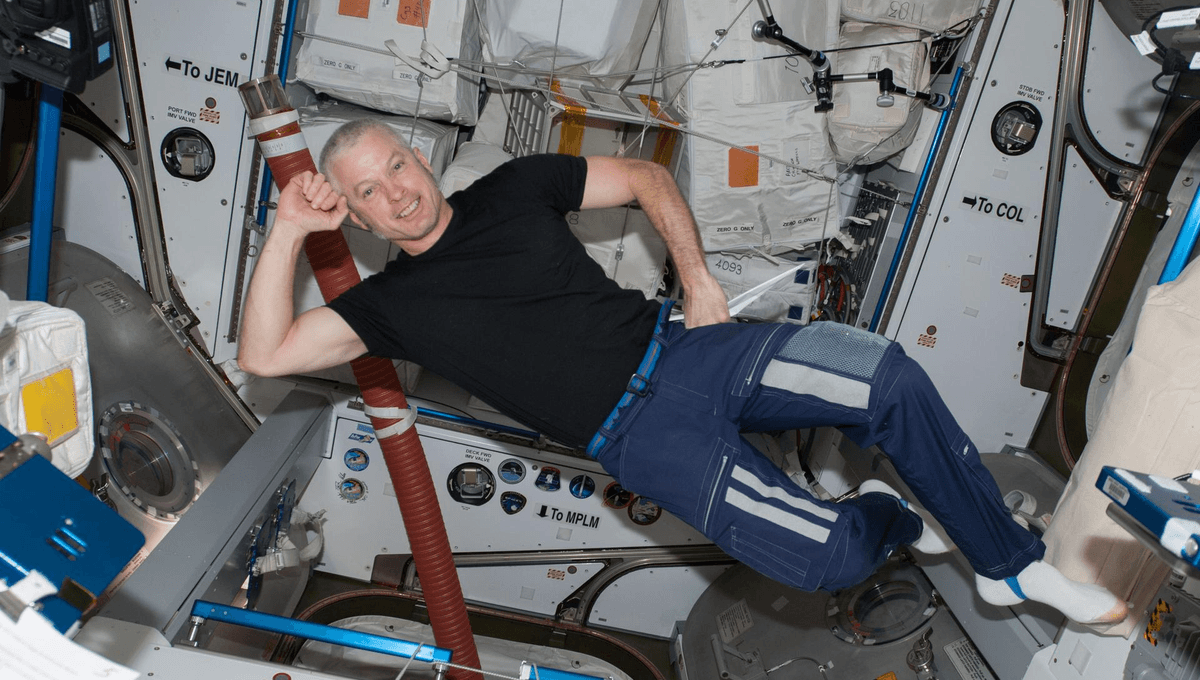
Changing clothes and washing them regularly is basic hygiene, but there are some situations where that is more difficult to do than others. Space, for example, is one of those extreme environments where laundry is not something that can be done easily.
ADVERTISEMENT GO AD FREE
The main reason is that water is an incredibly precious resource in space. So valuable that even urine cannot be thrown away. It is recycled, purified, and used again. This means that a regular laundry approach with lots of water and commercially available detergents wouldn’t work somewhere like on the International Space Station (ISS).
The current solution to dirty laundry on the ISS: Fire
Being in space means doing a lot with a little. Astronauts have a limited wardrobe on the ISS so they wear clothes that will be reused. Think of poor Suni Williams and Butch Wilmore who were supposed to stay in space for just a week last June and have been stranded there ever since due to an issue with their Boeing Starliner spacecraft. They had packed enough clothes for eight days, not eight months so they really had to make them last.
Some items of clothing will be worn again for days, weeks, or months, depending on how smelly or dirty they get. Crew clothing is replaced once it becomes unclean or uncomfortable. Those dirty clothes then become garbage, and most of the garbage becomes fire.
A lot of discarded waste from the space station doesn’t make its way back to Earth. It instead burns in the atmosphere along with a lot of other garbage. Some of the cargo capsules that are sent up to the ISS are not designed to land back on Earth. They are designed to burn in the atmosphere and can do that full of trash, which is where the astronauts stuff it; two birds, one stone.
Boldly Going Where No Laundry Has Gone Before
Is there a better way? Currently not really. There are a few ideas in the works that have been going on for a while, including testing fabric that stops the growth of bacteria and fungi. This is good for reducing smell and improving hygiene but might not be stain-resistant.
ADVERTISEMENT GO AD FREE
Multinational company Proctor & Gamble investigated a series of products in space with NASA to demonstrate possible detergents. One was Tide Infinity, a liquid detergent with neither fragrances nor solvents so that the water could be reused safely. Its consistency was tested on the ISS in 2021 and in 2023 the Mars-analog CHAPEA (Crew Health And Performance Exploration Analog) mission used it to wash clothes with less energy and less water.
In 2022, the company and NASA tested Tide To-Go Wipes and Tide To-Go Pens were used to remove stains of sriracha, coffee, olive oil, and punch in space. There have been some investigations and design call-outs for a proper space washing machine that could not only operate in orbit but maybe one day on the Moon or Mars. Everything remains a work in progress. But a detergent that requires less water, less electricity, and can be removed easily from water would be very important also for life on Earth.
Source Link: How Do Astronauts Deal With Dirty Laundry In Space?